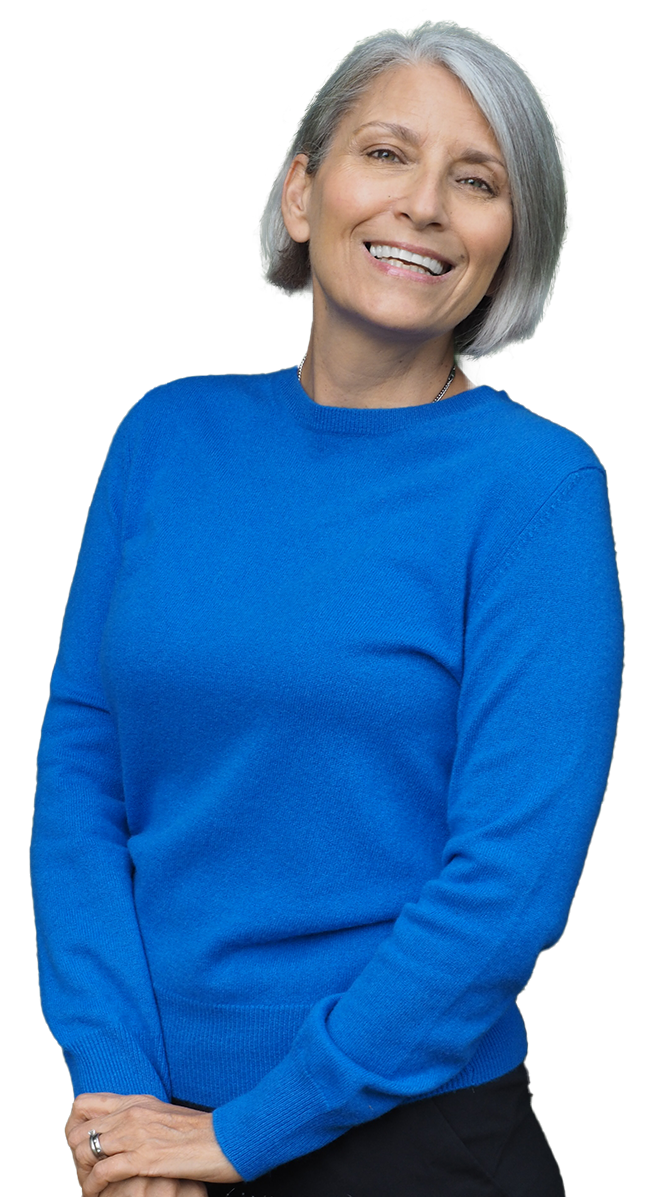A year ago, at the start of the 2019-20 school year, I took the decision to retire from work at the end of the year, at the age of 56. I feel no shame in admitting that 15 years as a senior leader in international schools has taken its toll on me. In May 2019, I suffered some health problems that were exacerbated by stress and I was also diagnosed with an occupational burnout, a condition now recognised by the World health Organisation as an industrial disease. I missed the end of the school year 2018-19 due to ill health but felt confident that after 9 weeks away from school, I would return ready and robust. I was wrong. A month into the new school year, I had a headache that would not go away and ongoing chest pain, despite taking medication to address this. I suffered a panic attack in my office and thought I was having a heart attack. It was very frightening both for me and my colleagues. It was at this point that I knew I had to retire from my role and take time to focus on my health and happiness.
Of course in September 2019, none of us knew what was round the corner. In Hong Kong, schools were grappling with the complex problem solving that came with the pro-democracy protests taking place across the city. Senior leadership teams were having to decide whether and when to open or close on an almost daily basis as situations flared up unpredictably. For many weeks, we were tasked with keeping our staff and students safe and addressing their fears and anxieties. At the time, we had no idea that this was a dress rehearsal for the challenges of leading a school through a global pandemic.
COVID 19 hit Hong Kong before most of the rest of the world. It came from nowhere, during the Chinese New year Holiday and we had no time to prepare before the government declared that we would not be returning to school after the break. Every school leader has their own story of how the last 9 months have unfolded and impacted on their community. The situation remains ongoing, with no idea of when things may return to normal. Leaders in many parts of the world are contending with another extended period of online learning, while colleagues elsewhere are trying to find ways to bring staff and students into school safely, to allow for face to face learning. None of this is easy and school leaders face enormous challenges on an unprecedented scale.
I am contacted on almost a daily basis by former colleagues and friends around the world who want to share their struggles of leading schools through this difficult time. Many seek advice on how to deal with the complex situations they find themselves in, others just need to vent or talk things through. Many have not had a proper summer break and a chance to fully rest and recuperate from the challenges of the spring and early summer. There has been no slow start to this year, with a chance to gradually ease into things. Instead, complex problem solving began on Day 1 or for some even before the official end of the summer break. There has been no chance to capitalise on the sense of well being and increased energy levels normally experienced in August. By September, tanks are already running low for many.
One thing my former colleagues and friends agree on is that I chose the right time to retire. COVID 19 has made an already tough job even more challenging. The expectations placed upon school leaders have always been unrealistic but leaders attempt to navigate them with absolute dedication and commitment to their roles. Some thrive, most survive, some battered and bruised by the experience, others fall by the wayside defeated, like myself. Leading during a highly unpredictable, global health and economic crisis, however, requires next level skills and superhuman levels of resilience if it is not to take a personal toll on the physical and mental health of our leaders, most of whom are quite prepared to sacrifice themselves for the good of their students and staff.
If school leaders put the welfare of their community first then who is taking care of them? Who has the responsibility for ensuring that heads of school, principals, vice principals and other senior leaders do not burn out? Strictly speaking, boards of governors are responsible for the wellbeing of their heads and heads are responsible for the wellbeing of their team. I have spent the last 8 years researching, presenting and consulting in the field of school leader wellbeing and during this time I have learned that the majority of boards do not take their role in this regard seriously, while heads of school, many of whom are well intentioned, do not have time or energy to focus upon the emotional and physical needs of their team.
So where does this leave our senior leaders? In an ideal world, heads of school will ensure opportunities are found to address the wellbeing issues of their team, establish new routines and provide time and resources such as leadership coaching, counselling or resilience training to help address growing needs. If this does not happen, then the best we can hope for is that senior leaders will themselves feel emboldened to raise the issue of their wellbeing and request that their needs are supported. Another option is for leadership teams to come together to identify the challenges they face and provide space for each other to discuss the toll it may be taking on them and provide support. This approach requires leaders to be honest about their vulnerabilities, however, something that does not come easily to many. Fear of humiliation prevents many from owning up to their frailties but failing to acknowledge and provide for the wellbeing needs of senior leaders from the start of the year will result in many leaders pouring from an empty cup as the crisis further develops.
It is time for schools to accept that their leaders are their most precious resource during a crisis and a leader’s wellbeing should be managed carefully like any other major resource. If schools can provide access to external support resources or establish support networks within and between schools, they will weather the storm better than those who batten down the hatches and face the challenges alone.
Being vulnerable and seeking and receiving support will enable leaders to emerge on the other side of this crisis stronger and more resilient than donning a red cape and charging into battle alone.






